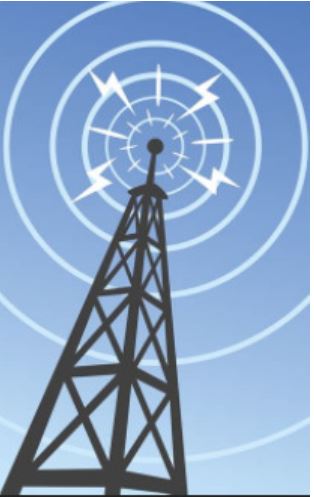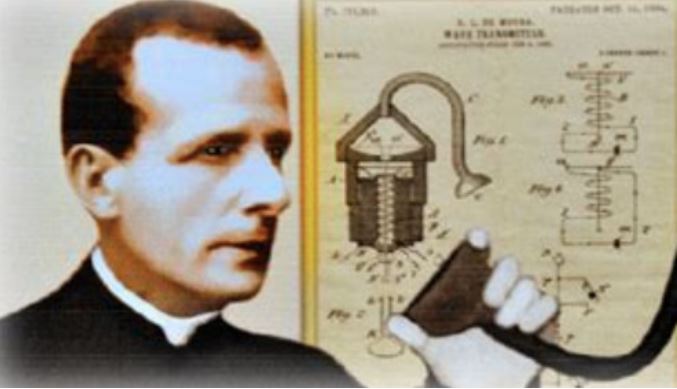
A dizzying morning at Refuge Farm. Not a product of sleep enhanced by prescription medications or Belmont Farms fine beverages. Just lunacy that spirals with the speed of technological change.
That was the case last night. A cool cloudy day with sporadic bursts of rain kept conversation under the awning. Supply and labor issues have disrupted the Chairman’s plan to improve the deck covering to permit a covered but open conversation zone. He called it a rural quotation on the access lanes covered by pedestrian overhangs between rings at the Pentagon. Real information was present where smokers could gather and talk about what was actually happening in the labyrinth of offices above them. It was useful for those who worked there and couldn’t speak what they thought at their desk.
But the topic of conversation, unaided by hand-held devices accessing universal steams of Mal-dis-mis, was about the information itself. These are old-timers, of course, and shackled to their past. Many of them actually subscribed to information printed on a coarse form of paper.
“Newsprint” was one of the words to describe something essential to all sorts of everyday activities. First was information, of course, and then a procession of other functions. Those included use of the colored Comics pages as improvised wrapping paper, lining bird cages or puppy runs, or just starting fires.
The last part was a function that seamlessly transitioned to a new form of information dissemination. Radio was the medium, yet now so intrinsic that it is “old fashioned” technology. Our Grandparents were alive in 1900, the year the first wireless transmission of the human voice was accomplished by a fellow you have never heard of named Roberto Landell de Moura:

It was a monumental accomplishment in Brazil, and carried his voice a remarkable eight kilometers in distance. It took two decades and the largest mechanized conflict in human history for the development of devices light enough to become mobile, and useful for organizing vast formations of men and machines in brutal combat.
The next step- broadcasting voice, rather than the code devised by It happened in Detroit, a place on the edge of all sorts of remarkable technology from Henry Ford’s “Model T” to aviation. But one of the most remarkable was the first “news program” carried by a station owned by the Columbia Broadcasting system. It was a revolution in more than the transmission of information in dots-and-dashes, but in how we thought.
1940 saw the application of something that changed all our lives: the television. The Second global conflict intensified electro-magnetic communications development, and some of us recall the arrival of tiny screens in brilliant black and white. With newspapers, radio and now visual communications, our world was shaped. And shapable, of course. The three networks of the day are still with us: National, American and Columbia. But they no longer hold a monopoly on information nor the means of obtaining it.
The Chairman co-hosted a family gathering recently that demonstrated the change. He had produced a small stash of the heavy silver coins to distribute as a tangible representation of his bounty. One of the young recipients was mildly interested in them. He produced his phone, took a picture of the coin and called up current value on eBay, the significance of condition and the date-and-location of the mint that had produced it.
In as much time as it took to press the keys to describe it. Only a decade or two ago, such acquiring such knowledge would have involved a trip to a dusty encyclopedia, or if the household did not contain one, an actual physical trip to an equally dusty library.
The dimension of the change is so profound that it is virtually unnoticed, like a kid looking up information on a coin.
Living through these social revolutions should not be unexpected in a wildly changing world. But loss of control of the old system means more than noticing that the utility wrapping paper no longer carries much news you can use. We are in an interesting point in time when loss of control of the news also reflects a drive to contain speech.
These revolutions have often been accompanied by dramatic change. This one comes in a world equipped with the weapons of mass destruction. The group decided they might look up something about it. Once we get past lunch. That makes us sort of old school, but we are comfortable with that. If we find a place to plug in our phones, anyway.
Copyright 2022 Vic Socotra
www.vicsocotra.com
